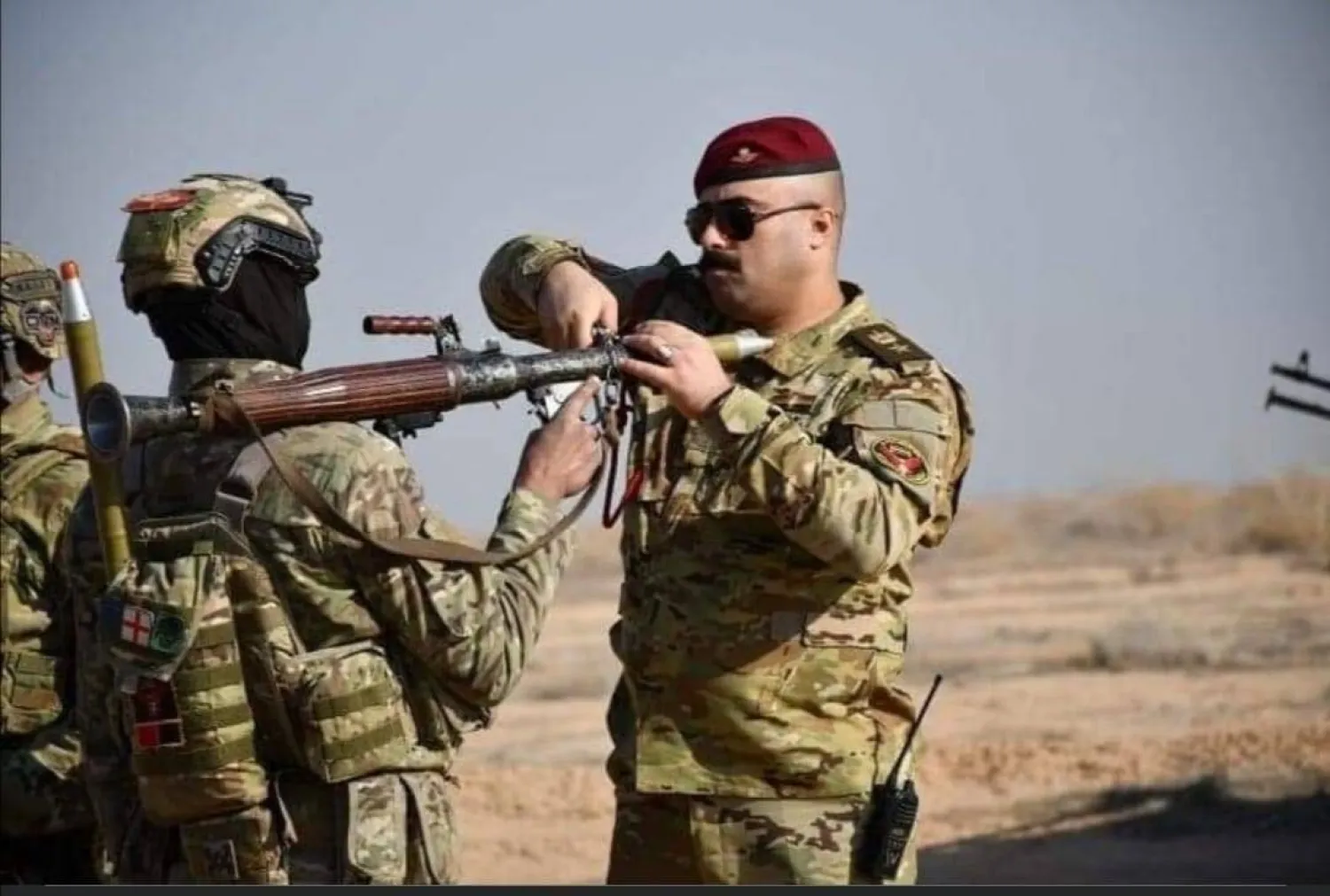The Iraqi federal court of cassation ordered on Wednesday the release of an Interior Ministry officer who was convicted of the killing of anti-government protesters in Nasiriyah city in November 2019.
A ruling signed by court of cassation President Faiq Zaidan said it decided to release Omar Nizar over a “lack of evidence”.
Nizar was found complicit in the killing and injury of protesters near the Zeitoun bridge in Nasiriyah city in the Dhi Qar province. Over 70 people were killed and 225 wounded when the police were ordered to crack down on the protesters. The incident has since become known as the “Nasiriyah massacre.”
The Dhi Qar criminal court had condemned Nizar to life in prison over the incident in June 2023.
Despite the ruling, the court of cassation on Wednesday ordered “the investigation closed due to a lack of evidence.” It also called for annulling the charges against the officer and ordered his release.
The move will likely spark outrage among activists and the relatives of the victims.
At least 750 activists were killed and 20,000 protesters wounded during the October 2019 anti-government rallies that raged for over a year.
The governments of Prime Minister Adel Abdul Mahdi and Mustafa al-Kadhimi both formed investigation committees to probe the violence against protesters. The results have yet to be announced and none of the suspects have been held to account.
Commenting on Nizar’s release, head of the Iraqi Press Freedom Advocacy Association Mustafa Nasser noted that amid the various crises the country is going through, “the Iraqi judiciary overruled the conviction against the criminal Omar Nizar, the killer of the Dhi Qar youths, and acquitted him of all charges.”
“Once again, a cannibal is set free in broad daylight,” he lamented in a post on the X platform.
Journalist Ahmed Sheikh Majed slammed the release, saying the political class views the October 2019 protests as a “terror that must be stifled forever.”
“Anything related to the protest movement is quashed and never alluded to,” he said, while noting that the protests have been systematically painted in a bad light by “agents, embassies, foreign parties, political interference and others.”
“We are now left with a government that has eliminated everything related to the protests,” he added.
He noted that “Hisham al-Hashemi's killer was previously released, several important issues have been cast to the side and now, we are confronted with the acquittal of the butcher of the Zeitoun massacre.”
“Who is the real criminal here? The political system acts like a tribe. They are returning the favor to the armed factions because they believe they averted a revolt during the October 2019 protests,” he explained.
Ultimately, the political class doesn’t want to hold any of the killers and criminals to account because that would be an acknowledgment of the legitimacy of the protests, he remarked.









